What an athlete consumes pre workout, during, and post workout can make all the difference for their performance.
What’s Different for Sports Nutrition and Normal Nutrition?
What someone may typically eat compared to when they are eating for the sports performance with differ in many ways. It can even vary between the type of exercise they will be doing.
Even an at-home workout can’t be discounted. Nutrition is important for any athletic performance, no matter how important!
If you are not ready to join a gym check out my article on Online Workout Programs For Any Fitness Level. It has some great options to start your fitness journey!
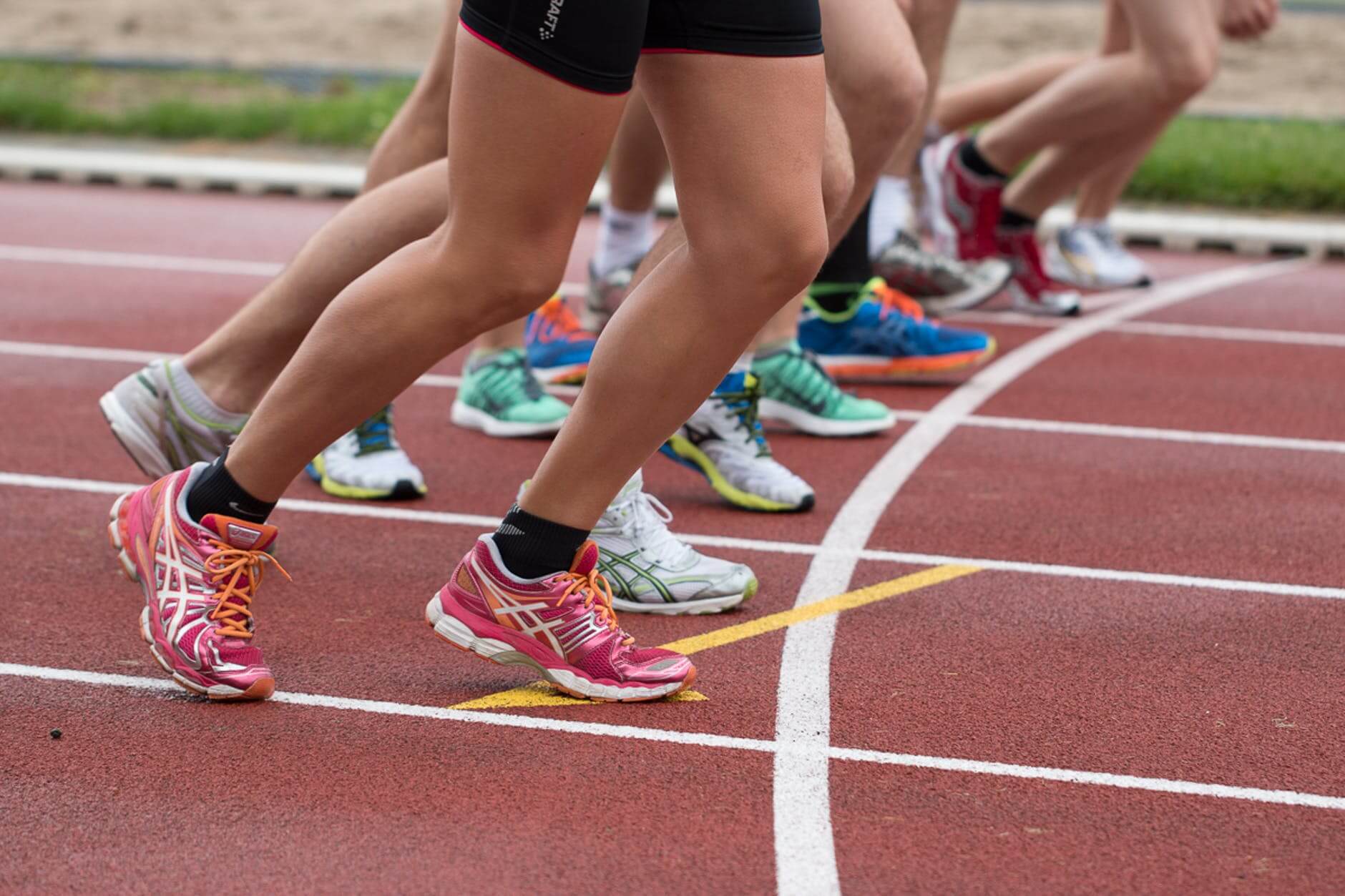
The Basics
Just as a typical diet should be balanced with protein, carbs, and fats, so should an athletes diet. Depending on your goals will make for what percentage of each macronutrient you will want to consume.
Protein
Protein helps the body build strong bones and build-up muscle. Protein is very important but it’s been pretty ‘overhyped’.
The normal amount of protein someone needs is 0.8-1g of protein per kilogram(kg) of bodyweight. That means a 150lb (68kg) person needs 55-68g of protein.
Now, an athlete and someone with a goal of building muscle will want to be having more towards 1g of protein per kg of weight.
Carbohydrates
Carbs are the macronutrient that provides energy. Don’t you want to have all the energy possible for your sport?! They are important for everyone but extremely important for athletes.
*Spoiler alert*
Eating less carbs will just lead to muscle depletion and fatigue!
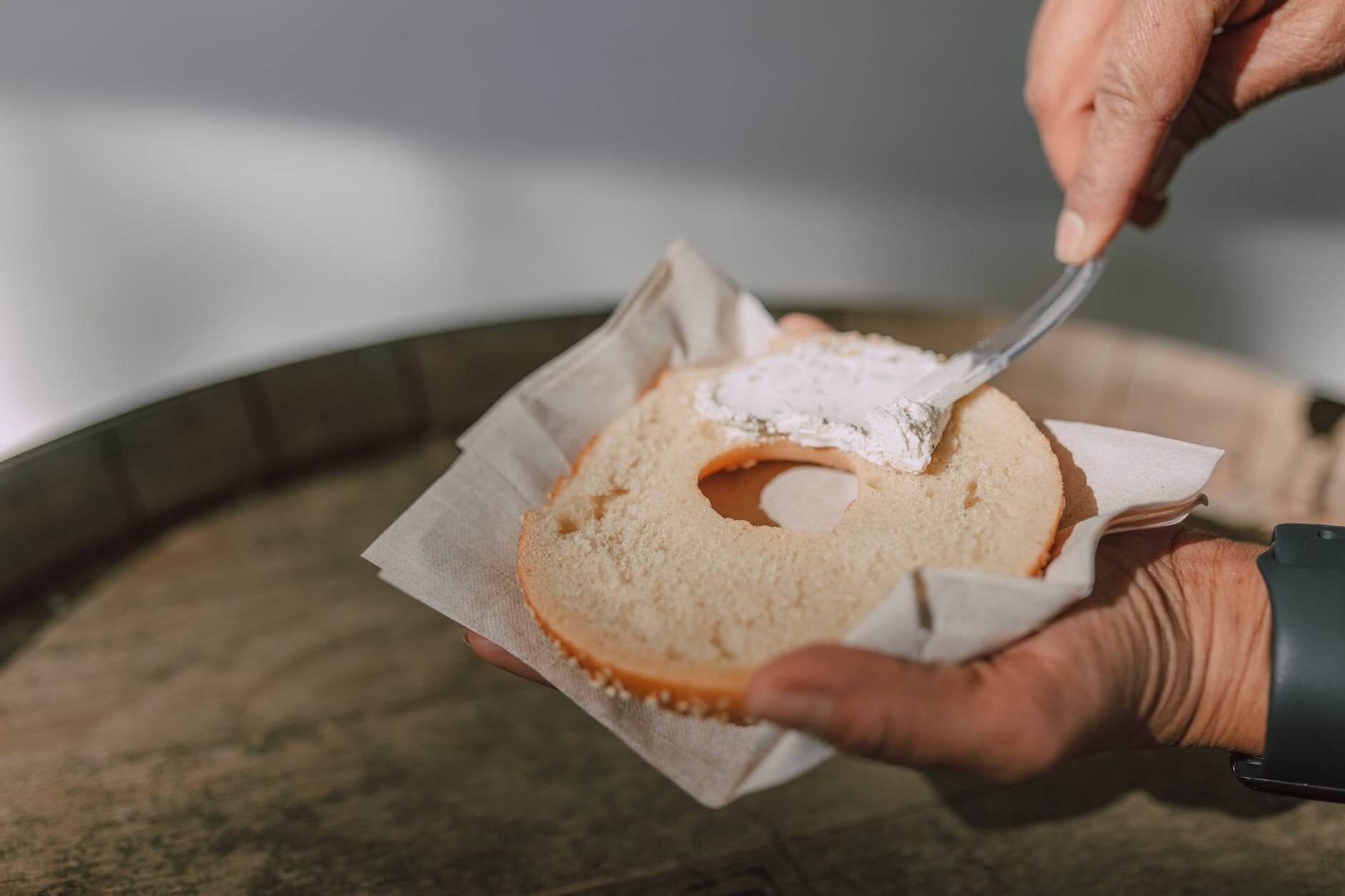
Fats
Exercising can lead you to losing more weight than you would like. Including fats in your diet ensures you stay satiated and keep your body in strong, working condition.
Water
Hydration is vital to performance before, during and after a workout. Fluids are easily lost while sweating and breathing. Don’t let your hydration be the factor stopping you from a PR!
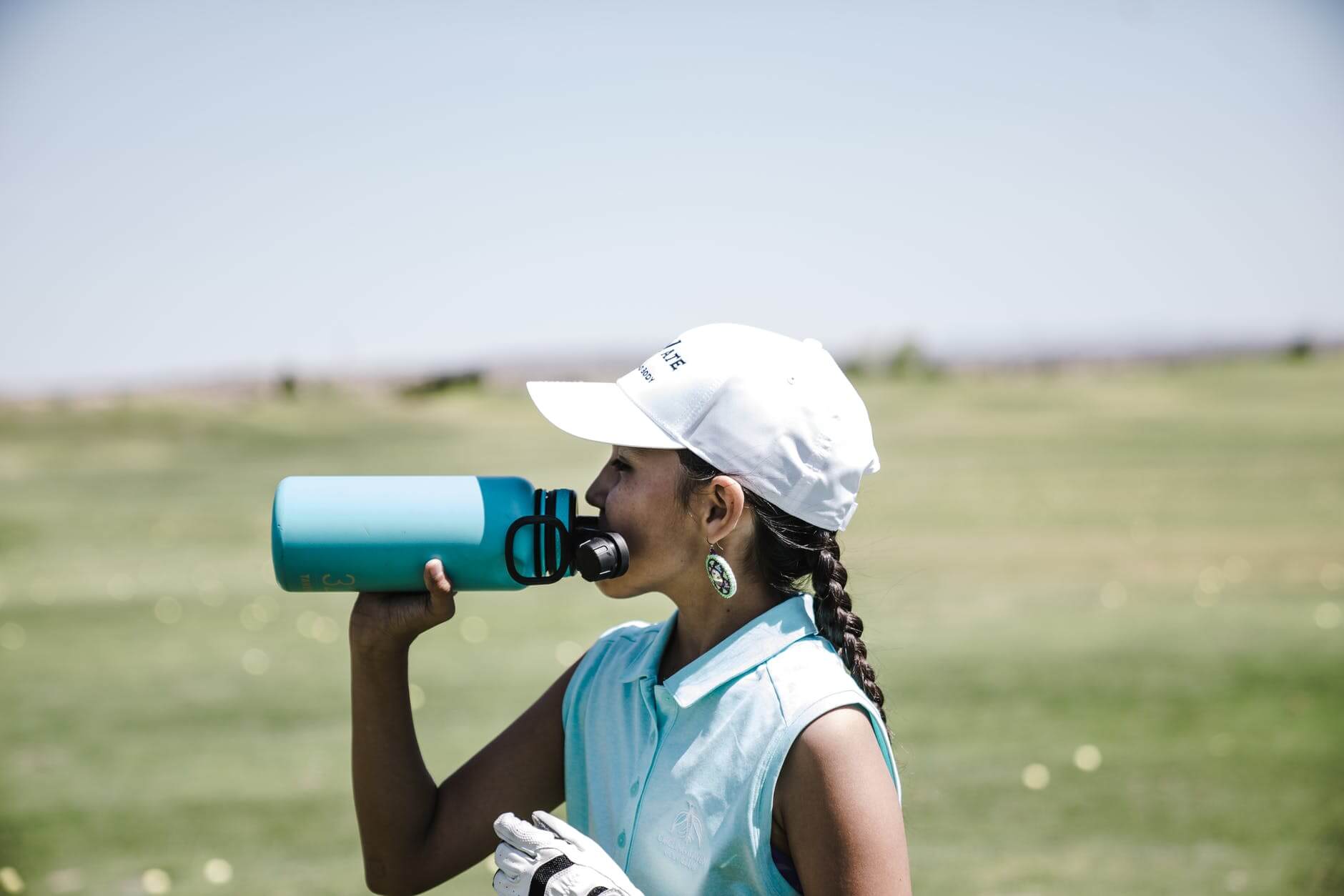
Pre Workout
Depending on what you will be doing, the intensity, how big of a portion, of what, and how your stomach tolerates food and movement will make for when it is optimal timing to eat.
The only way to find what works for you is by experimentation. Try to keep a journal where you write down what and how much you consume before you do a certain workout. Then, afterwards, write down how you felt during it. Did you feel energized? heavy? weak?
Keep doing this until you find what makes for the best performance for you.
It is ideal to eat a snack 1-2 hours before beginning exercise or a meal more towards 2-4 hours before exercise.
During this snack or meal it is important to have carbs and protein. The carbs will give you the energy to workout and the protein will be good for your muscles.
Some options to have pre workout are:
- Greek yogurt parfait with granola and fruit
- Egg and toast
- Cottage cheese and crackers
- Crackers and cheese
- Smoothie
- Protein bar
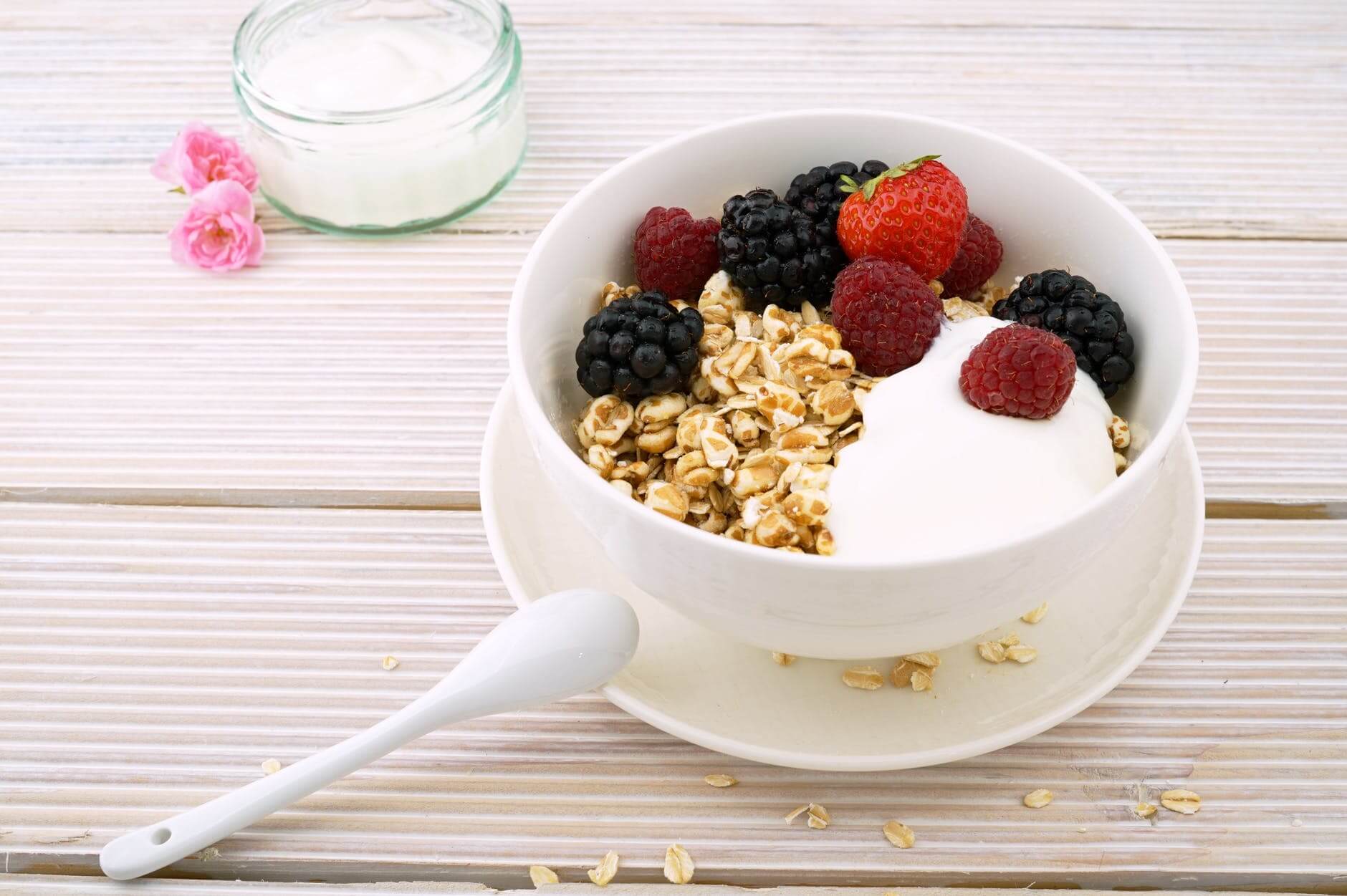
During The Workout
Most athletes will not be eating during their workout unless it is an extended session. In this case it would likely be more ‘quick carbs’ like oranges or calorie dense gels like Gu.
Some may drink a protein shake during their lifting session if they are working out early in the morning.
For most athletes, the only thing they will be consuming during their workout or performance are fluids.
It can be easy to forget to maintain your hydration status but even and 2% deficit of your body weight will lead to a decrease in athletic performance and even result in a cognitive deficit!1
How much water you should be drink depends on the intensity of workout. Generally, 4-6 ounces of water should be had every 20 minutes for a vigorous workout. This means in an hour workout an athlete should have about 12-18 ounces of water. This is just a blanket statement, if you feel you are thirsty and need more water- drink up!
Most think that an athlete needs to be drinking Gatorade to maintain their fluid and electrolyte balance, but really an electrolyte drink isn’t needed unless the session is going to be at least 60 minutes and vigorous. This may be running for an hour, playing a full soccer or basketball game.
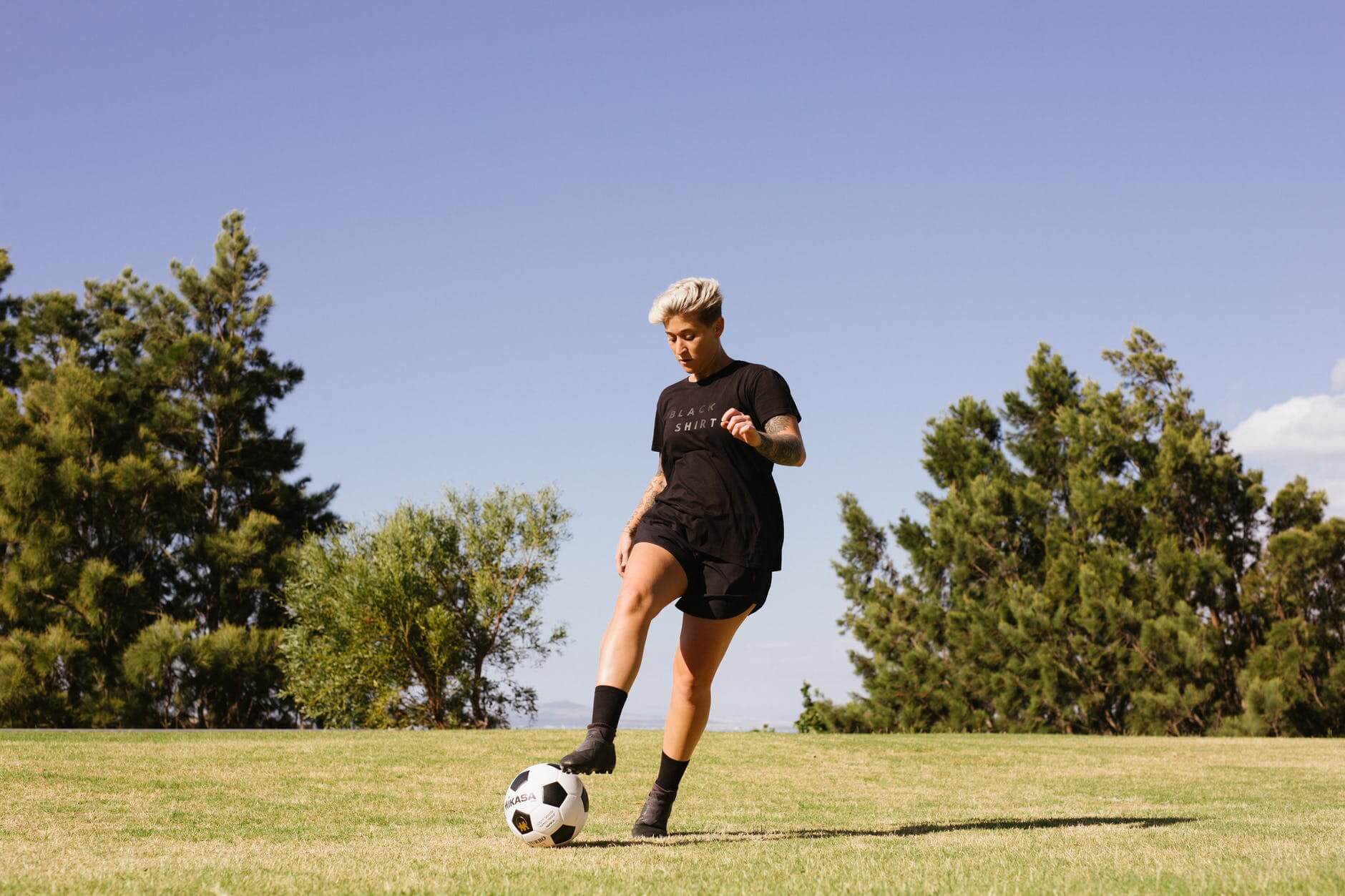
Post Workout
Every hear about people having chocolate milk after a workout? That’s because an ideal post workout meal or snack would ideally have a 3:1 carb to protein ratio. Guess what? Most chocolate milk’s have this ratio.
Working out takes a lot out of your carbohydrate stores and if those aren’t refilled your body will dip into your bone to borrow some protein to keep itself going. You are going to want to have about 0.5-0.7g of carbs for every pound you weigh afterwards.
This means a 150lb athlete should aim to have 75-105g of carbs after their workout. This could easily be about 2 slices of peanut butter banana toast.
Other great post workout options are:
- Turkey sandwich
- Protein oatmeal
- Low-fat chocolate milk
- Protein smoothie

The Takeaway’s
- Know what and when you should be eating
- Always stay hydrated
- Carbs are what will fuel your workout
- Protein build muscle
No matter if you are a professional athlete or a figure-it-out-yourself-gym-goer, you can improve your performance by understanding what and when you should be consuming.
Pin NOW to save for later!
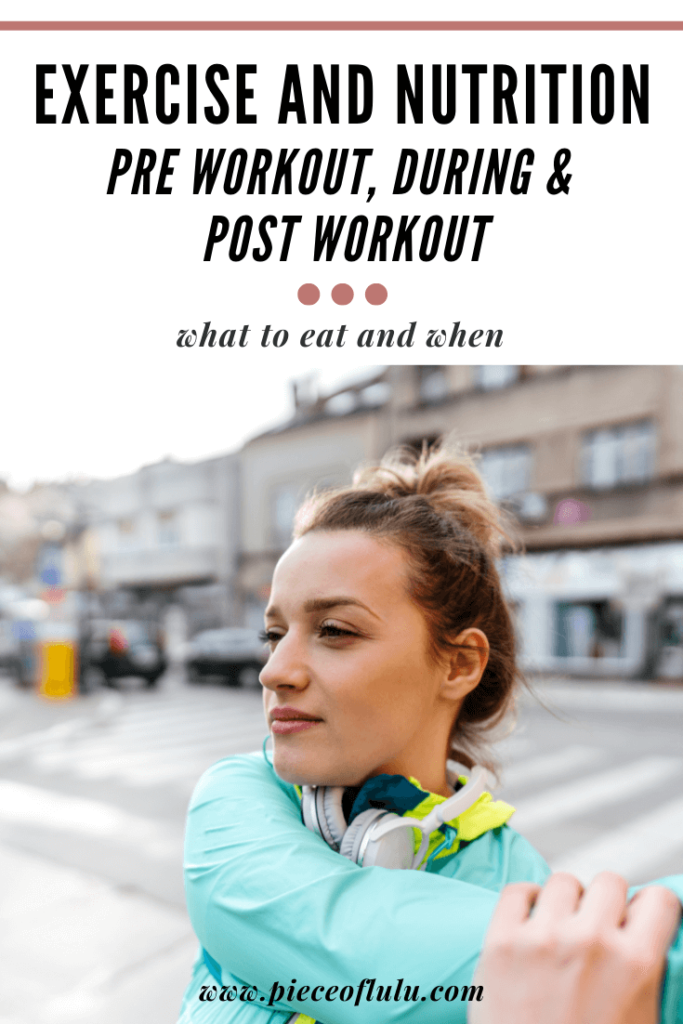
References
- How to Maintain Maintaining Proper Nutrition for Sports Performance. Verywell Fit. https://www.verywellfit.com/fitness-sports-nutrition-4157142#toc-hydration-and-sports-performance. Published 2021. Accessed December 29, 2021.

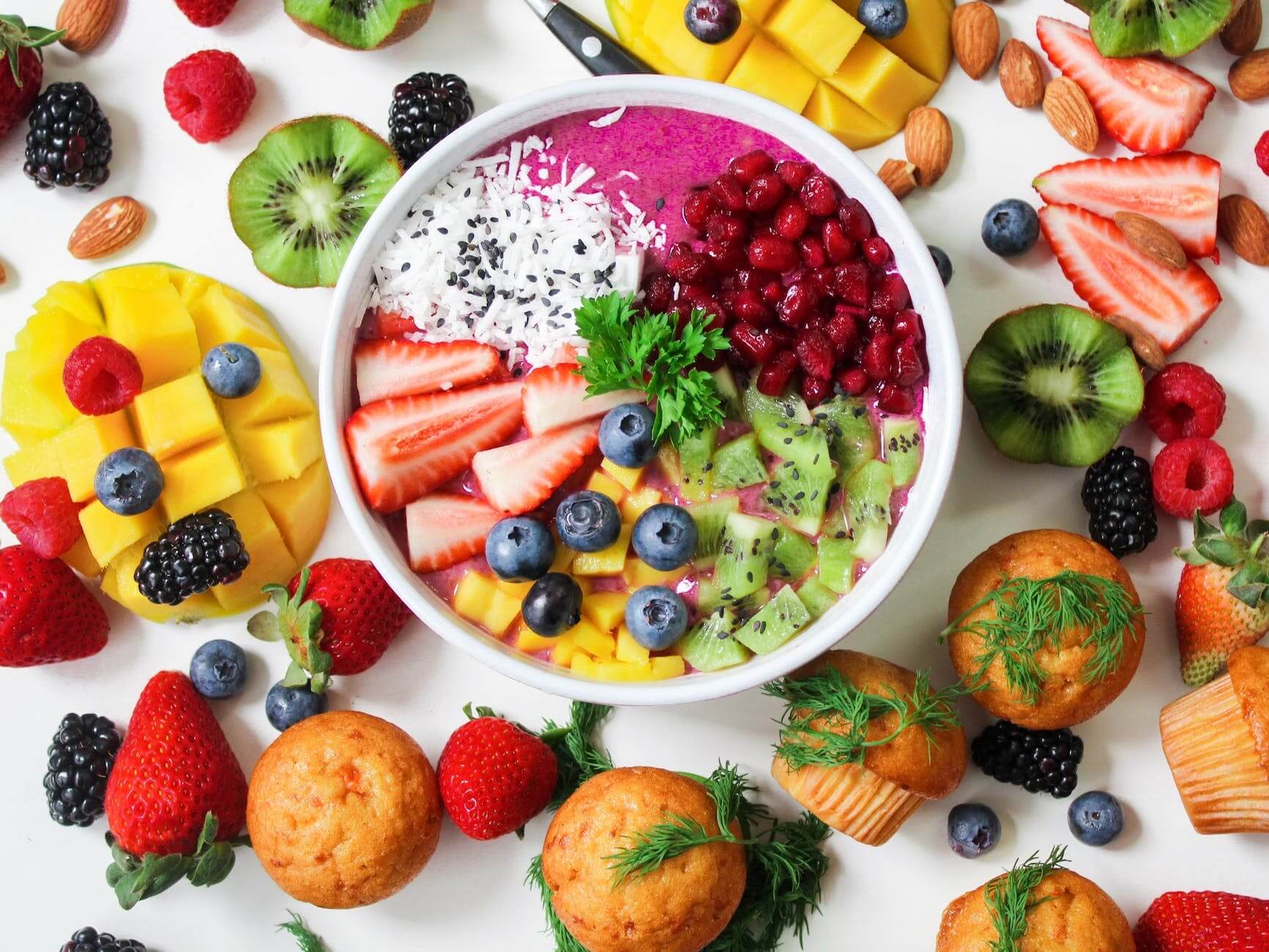
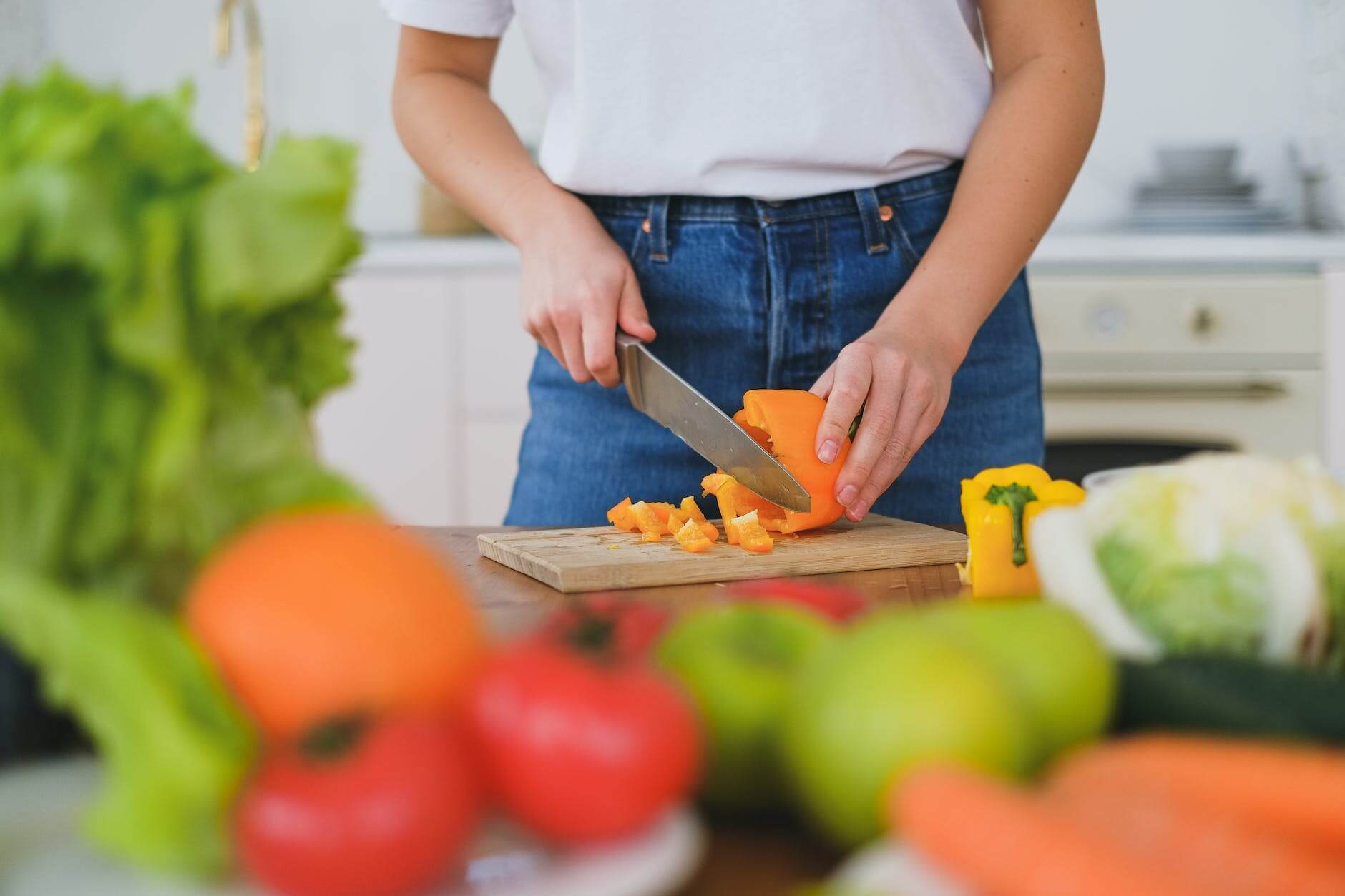

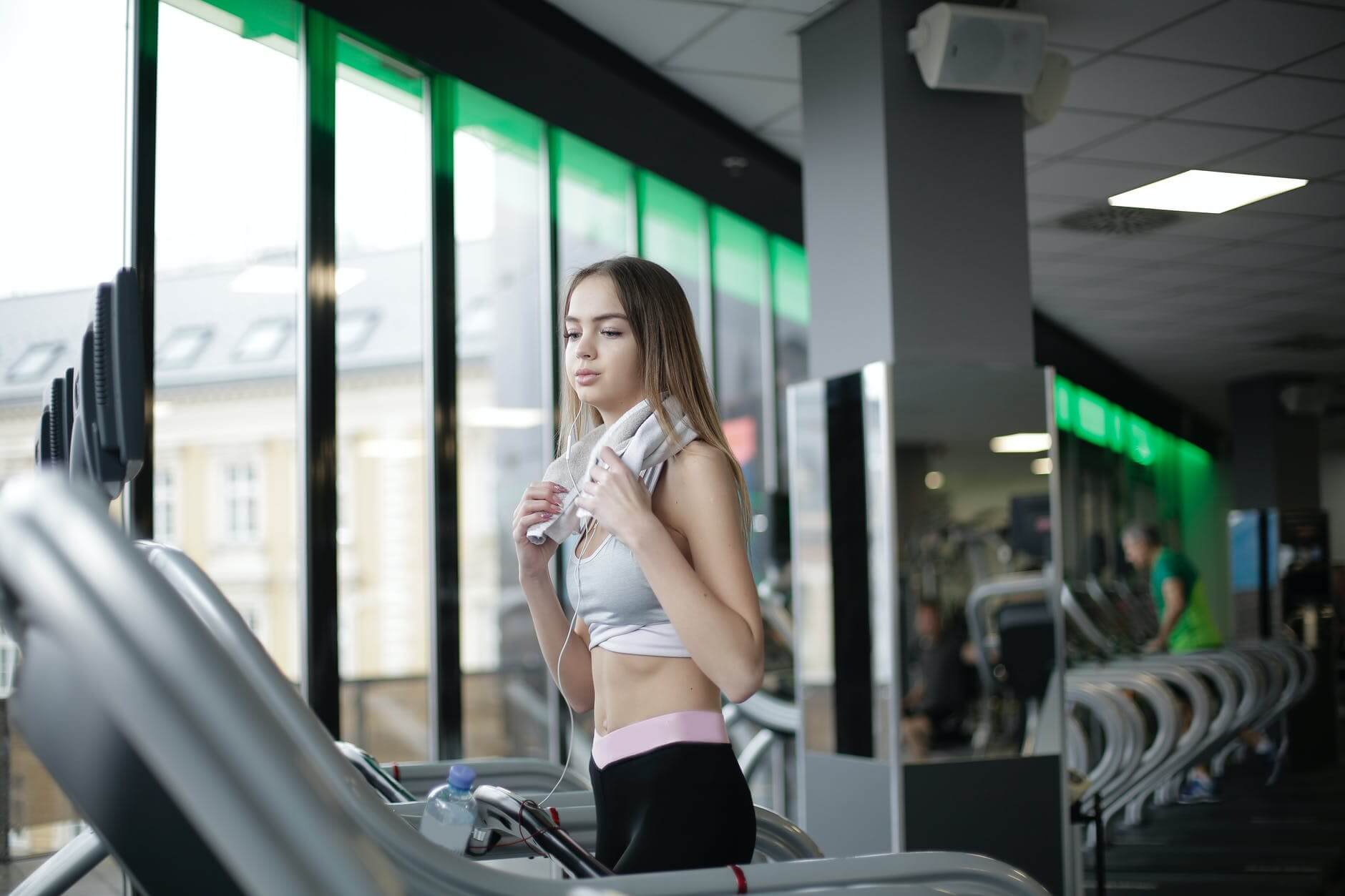
Leave a Reply